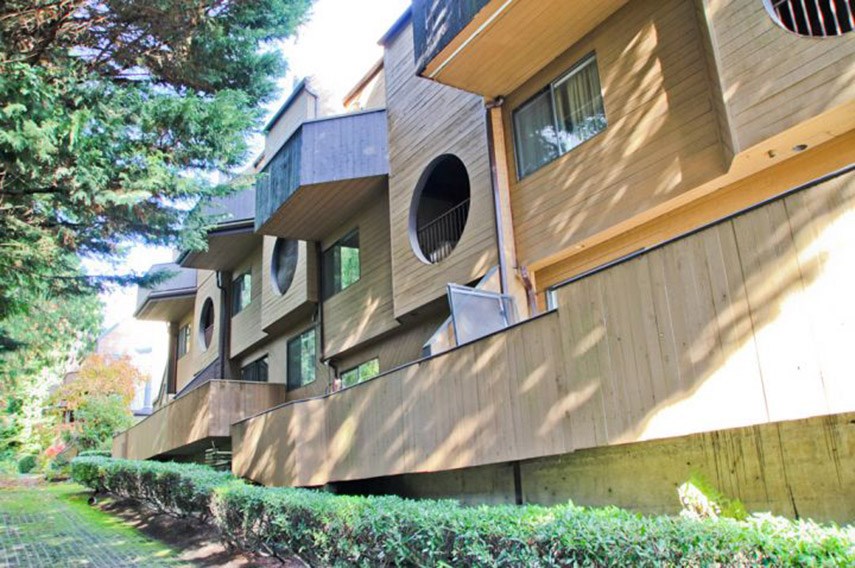Recent changes to B.C.’s Strata Property Act allow for strata owners to dissolve their strata corporation on an 80 per cent vote for voluntary windup, which has spurred developer interest in older strata properties for redevelopment purposes.
Prior to the July 29, 2016, change in the statute, the requirement was unanimous approval, which was difficult to meet – one holdout vote was all it took to defeat the wishes of a significant majority.
The new provisions bring B.C. into line with most other provincial condominium statutes.
In anticipation of the new changes, developers have been busy identifying feasible sites and likely candidate strata corporation owners willing to consider windup and sale for redevelopment. And strata councils/owner groups have been consulting with their advisers to sort out the navigation processes required for such windups and sales.
Repair cost may be mounting
Some sites, decades old, are worth more in redevelopment value than non-windup, as-is value. Some buildings are not built to full allowable or potentially allowable density, or are close to newer rapid transit lines. Other buildings have such high deferred maintenance and repair costs that a concurrent all-owner sale to a developer rather than individual sales to individual buyers could yield owners greater returns, while also relieving them from having to pay for significant repair costs to the building, and from the mess and stress of carrying out the repairs.
Complex, lengthy process
However, the termination and sale process, for both developer buyers and owner sellers, can be complex and lengthy. There are requirements for the winding-up, mandatory where five or more strata lots are on the strata plan, including court order approval, procedural rules for obtaining approval, and notice requirements.
The court approval requirement gives those opposed to termination and sale the opportunity to try to convince the court there is significant unfairness to one or more owners or holders of charges, or significant confusion and uncertainty in the affairs of the strata corporation or of the owners. Owners who are against windup could claim they cannot relocate in the same neighbourhood at similar costs, and those owners wanting to sell will argue the opportunity for highest return and that the majority wants to sell.
This is new law for B.C. and as such, time will tell what parameters the BC Supreme Court will establish to determine the best interests of the owners as a whole, and what factors it would consider in its determination of whether or not there has been significant unfairness or confusion to deny approval. Older case law will be of some help, but did not deal with windup under the Strata Property Act, and with the new law the court may determine new concerns and thresholds to consider before making an order for voluntary windup. At the time of writing this article in early February, there is at least one court application under the new law in process, and there will be several more to follow.
Perception of fairness
A good approach, for both the developer and the majority owners who wish to sell to a developer, is to ensure there are terms benefiting the sellers that show fairness to all owners. Provision for a long turnover possession date where the sellers can live rent-free for 12 to 18 months after closing would show the sellers are being given time post-closing to find alternate housing. Other accommodations could include providing the sellers with moving assistance with third-party service providers, or cash moving allowances, and/or providing discounted buyback options to sellers for purchase of new units the developer builds at the site.
Risk for developers
Some developers have considered entering into contracts with sufficient numbers of owners to enable the developers to effect the 80 per cent vote for windup only after it completes the purchase with those owners. In such instances the obtaining of a court order approving the voluntary windup and sale by all owners would not be a condition of its purchase.
Buyers should understand there could be considerable delays and holding costs to factor in if they opt to go this route, as getting court approval is not guaranteed. Also, if a court does not order a windup on an application, a developer buyer may be left, for the short to mid-term, with an 80 per cent or more ownership of a property requiring costly repairs.
Working with legal advisers in advance and during this new process is suggested, for developers and owner sellers alike. If well planned, such windups and sales could result in win-wins for both developers and strata owners.



